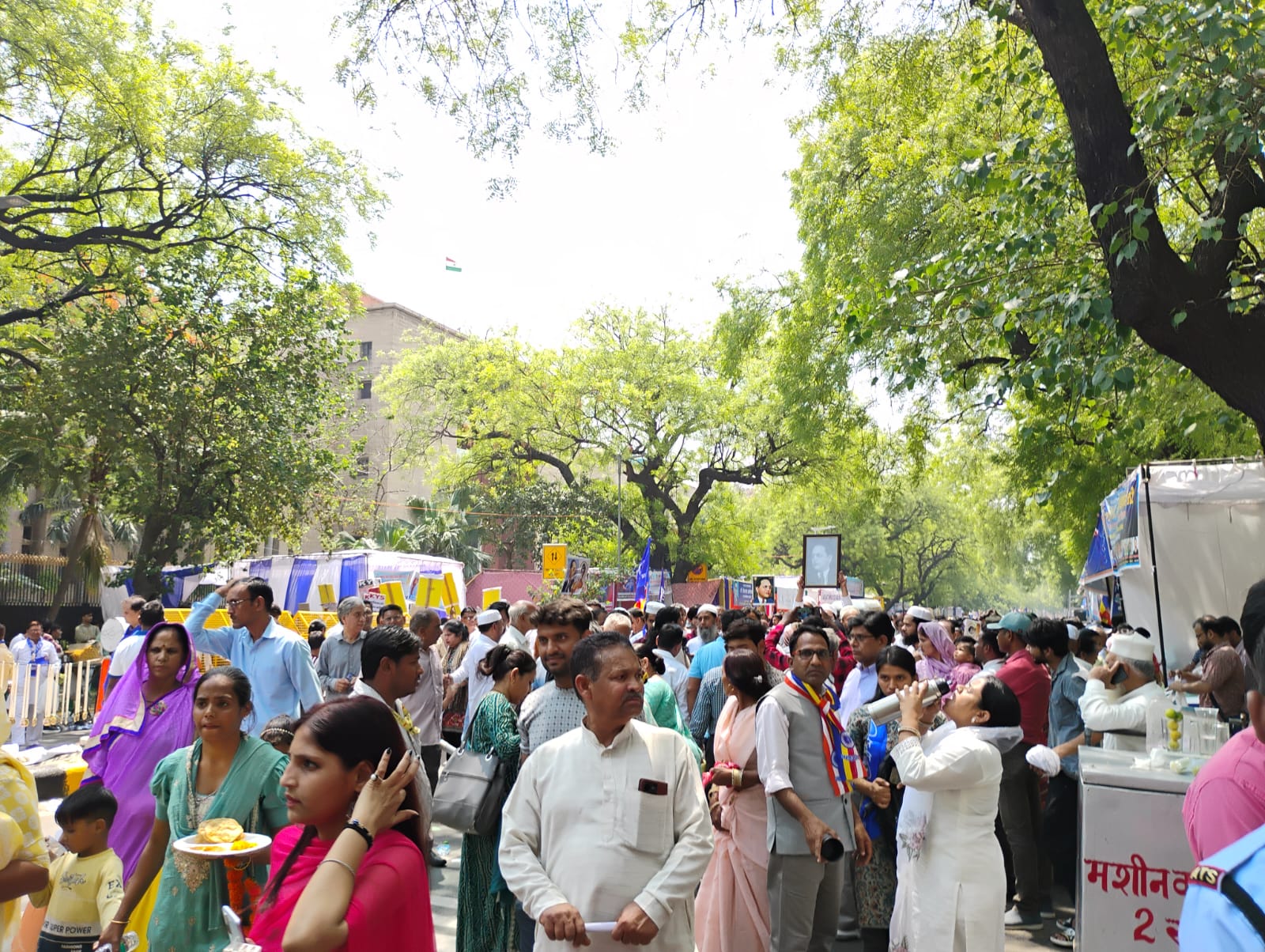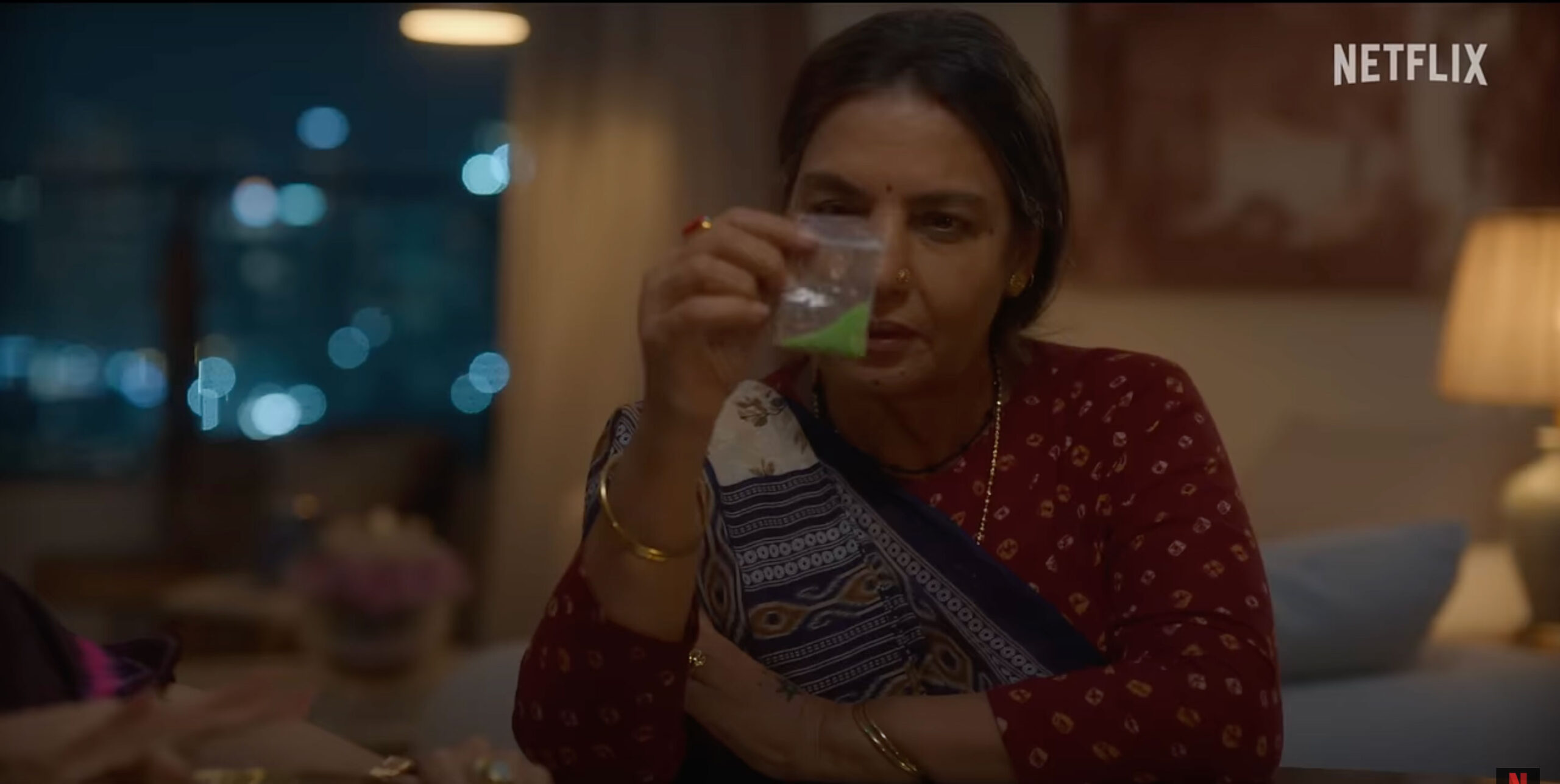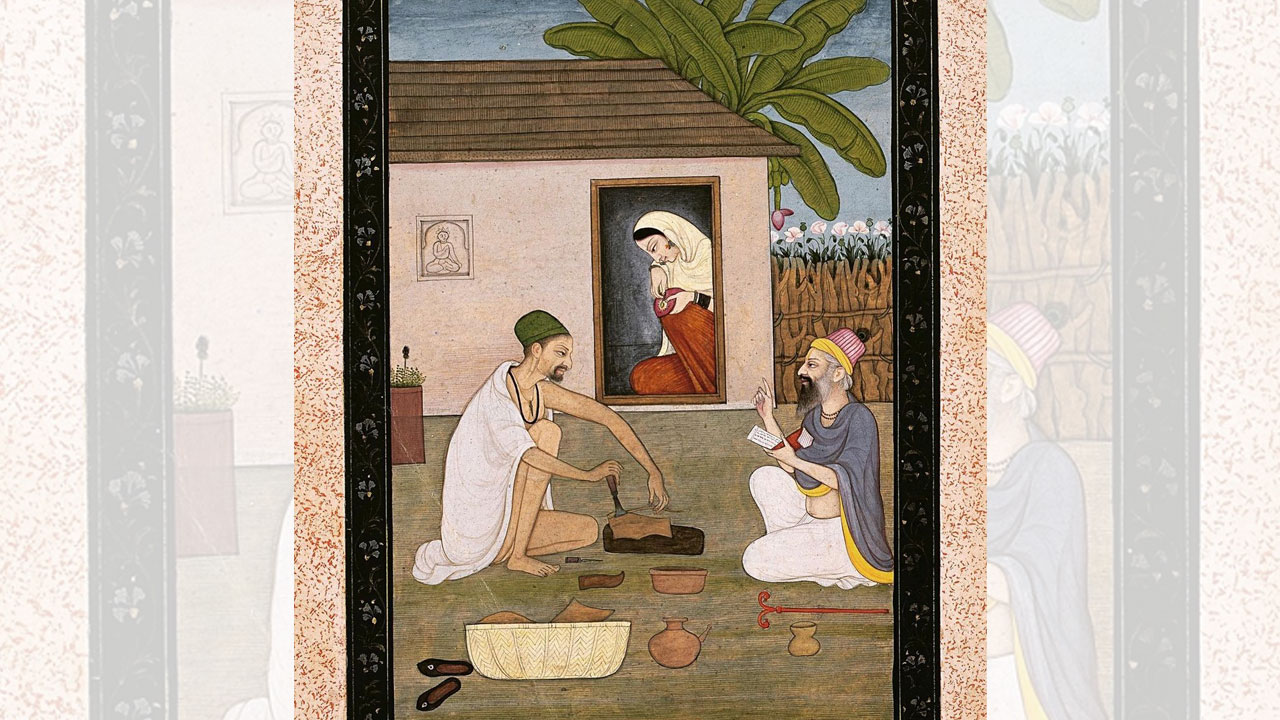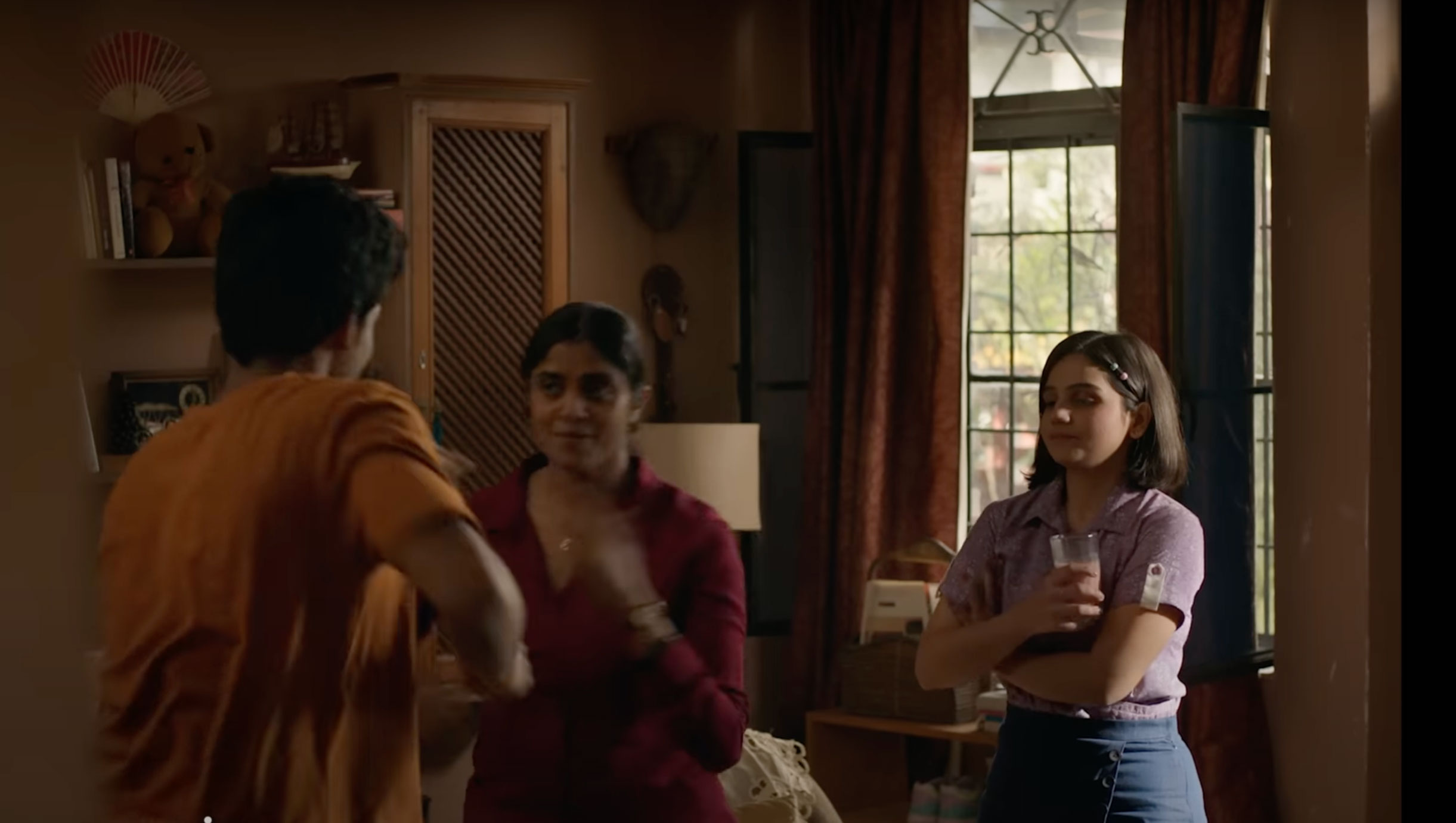
Mudra Rakshasa is a noted Hindi writer whose plays, short stories and other writings have raised the issues of Bahujan empowerment in a radical way. An OBC writer himself, Mudra Rakshasa spoke to FORWARD Press on the occasion of India’s Independence Day. Here are some excerpts:
India celebrates its 63rd Independence Day this month. What are your thoughts? Have we succeeded in propagating democratic and human values in our society?
On this day of 15 August 2010, we must see who rules India. We know the people who actually rule this country are the Hindus who have been shaped and cultured by the Brahmins that is a clan having absolutely no regard for human values. A 19th-century radical sociologist Thorstein Veblen, in his famous book, The Theory of the Leisure Class, has rightly noted that the Brahmins are also the part of the Leisure Class playing no constructive role in human history. In collaboration with the ruling class in India, they discredited the majority of the people of our society to remain as “backwards”, without any social, cultural or economic rights.
You present a rather bleak picture of Hindu intellectual achievements. It is often claimed that brahmanical thought is true Indian thought. Brahmanical writers contributed so much to Indian nationalism; they even worship the motherland, the Bharat Mata.
Everything, except the human being is idolized and worshiped by the Hindus in India. The Hindus are a strange community that can worship the animal excreta but hates the human being. Not only that, the Hindu hates learning and any type of knowledge or scientific inquiry…
What about great philosophers like Shankaracharya?
If we go through Indian history, we see that Hinduism subdued Buddhism after the advent of bhakti movement of Shankaracharya. It is interesting to see that this Hindu thinker did not write even a single book of philosophical thought. He was neither an original thinker nor a philosopher. He merely wrote the interpretations of certain ancient writing like the Gita, the Brahmasutra and the Upanishadas. The original philosophical writing in India was produced by Buddhist thinkers and not the Hindu Brahmins.
Brahmins have been the teachers of India and yet you say they did not propagate human values.
It is falsely propagated that the function of a Brahmin in India was to teach and to learn. The Upanishads clearly tell us that the Brahmins merely taught their religious books to Brahmin students only for the purpose of making them efficient in Hindu rituals. Each and every Upanishada clearly states that the real objective of learning is to know the Brahman, that is, to avail “Brahman Gyana” and the Brahman Gyana is only whatever is known to a Brahmin. This means a Brahmin’s foolishness itself is Brahman Gyana, the knowledge of the Brahman.
It’s circular reasoning, isn’t it?

It is interesting to note that the supreme form of knowledge for a Brahmin is the knowledge of Brahman but no Brahmin book ever tells us what Brahman is. The Brahmin books merely say that the Brahman is only what is known to a Brahmin. If a Brahmin holds the nonsense as the Brahman, it must not be disputed because a Brahmin can neither be questioned nor can he be contradicted. In the Mahabharata, “Bhishma Parva”, the chapter related to Bhishma, states he who defeats a Brahmin with his logic must be treated as wicked and should be beaten with sticks.
Many modern national leaders, such as Gandhi, did not use such language. Will you lay the blame on them too?
Gandhi, unfortunately, also supported this anti-human social system of caste-based Hinduism. About half of our population is living below the poverty line and the whole of this lot – Dalit, OBC or the STs – are destined to remain the wretched of the earth if Hinduism continues to rule.
Where do you see hope for the Bahujan? What positive is there for them in the contemporary, independent India?
There is no hope until Brahmanism is defeated. The brahmanical religious thought and writings have to be reviewed critically so that people may understand what really enslaves them, and how. There is shadow of Brahmanism looming large over the Indian mind and no positive thought can emerge unless this shadow is dispelled. If the present condition of the poor and the destitute has to be changed it will happen, first of all, by a critique of prevailing brahmanical thought. The brahmanical religious books have to be examined critically and there are people who are doing that. But many of them do not know Sanskrit; so the job remains only half-done.
(The English translation of Mudra Rakshasa’s Dharam Granthon Ka Punarpath is being published as Re-reading Hinduism.)
Published in the August 2010 issue of the FORWARD Press magazine





